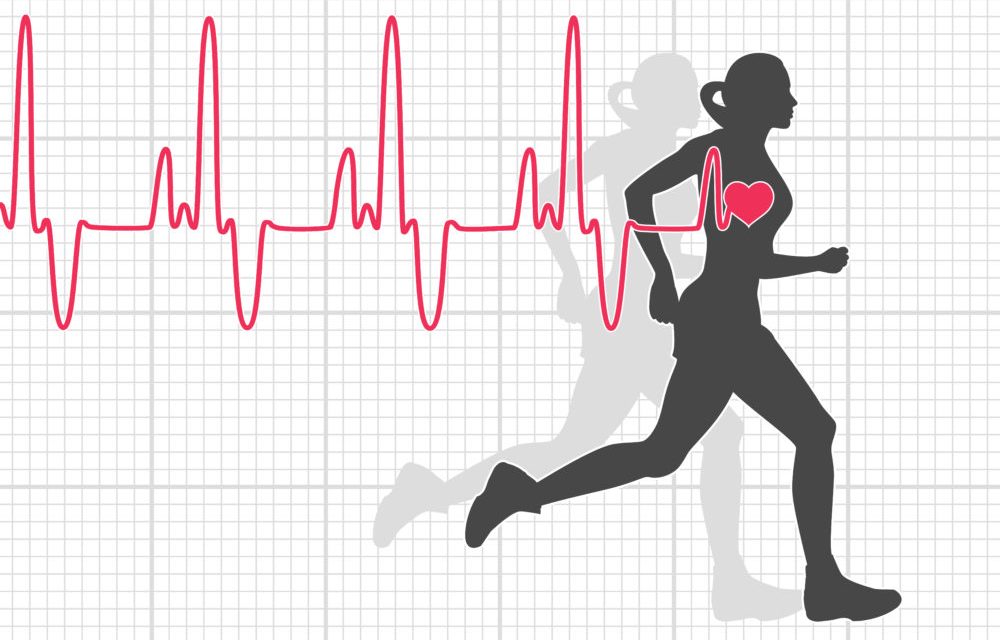
Pei H, et al. Int Heart J. 2019 Jul 27;60(4):899-909.
Heart rate (HR) is a potentially modifiable cardiovascular (CV) risk factor for chronic heart failure (CHF) patients. Patients with HR < 70 bpm, shows an increased risk (34%) of cardiovascular death then patients with HR > 70 bpm. Ivabradine is a new HR-lowering drug that specifically inhibits the ion channels in the sinus node. Studies have proved that Ivabradine improves left ventricular diastolic filling, reduces myocardial oxygen consumption, and increases the time of coronary perfusion. A systematic review and meta-analysis conducted by Pei H, et al., on the efficacy and safety of Ivabradine over placebo in patients with chronic heart failure (CHF) was assessed and compared to those of the standard anti-heart failure treatment.
The study showed significant improvement in cardiopulmonary function by reducing HR in treatment group (MD = −17.30, 95% CI: 19.52-−15.08), increase in left ventricular ejection fraction (LVEF) (MD = 3.90, 95% CI: 0.40-7.40, p<0.0001), significant improvement in the New York Heart Association (NYHA) score in treatment group (28 vs. 24%, p=0.001), improves lung function by lowering in minute ventilation/carbon dioxide production (VE/VCO2) treatment group (MD = −2.68, 95%, CI −4.81 to −0.55, p=0.01), and increase exercise capability in patients treated with Ivabradine including the exercise duration with a submaximal load (MD = 7.82, 95% CI: −2.57-−18.21, p< 0.00001) and the 6-minute walk distance. The relative risk (RR) of cardiovascular death or worsening heart failure was significantly decreased (RR = 0.93, 95% CI: 0.87-−0.98, P = 0.01) in the patients treated with Ivabradine. Additionally, the RRs of heart failure and hospitalization also decreased (RR = 0.91, 95% CI: 0.85-−0.97, P = 0.006; RR = 0.86, 95% CI: 0.79-−0.93, p = 0.0002). However, Ivabradine significantly increased the RR of visual symptoms in CHF patients (RR = 3.82, 95% CI: 1.80-−8.13, p= 0.0005).
Thus, the study showed that adding Ivabradine treatment significantly improved the cardiopulmonary function, exercise capacity and primary composite endpoints in patients with chronic heart failure (CHF). Ivabradine also, significantly increased the RR of visual symptoms in CHF patients Adding Ivabradine to the standard anti-heart failure treatment reduced the mortality and hospitalization risk and improved the quality of life.

